
HER2-Positive Breast Cancer
Latest News
Latest Videos

CME Content
More News

The panel analyzes the data from DESTINY-Breast03 and DESTINY-Breast01 and how these data will further impact practice.
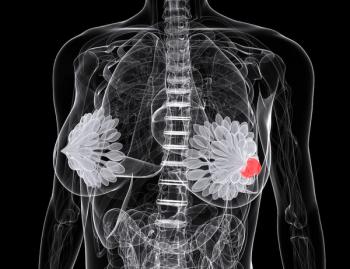
Second-line fam-trastuzumab deruxtecan-nxki prolonged survival and led to higher responses over ado-trastuzumab emtansine for patients with HER2-positive metastatic breast cancer.
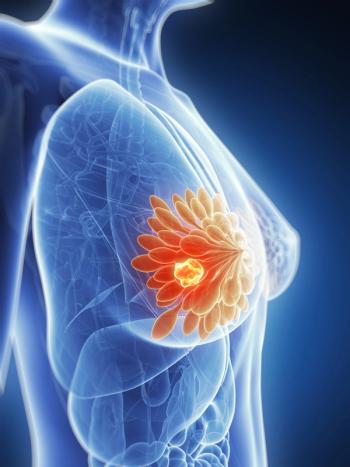
Patients with HER2-positive breast cancer appeared to derive a higher overall survival benefit after being treated with pyrotinib plus capecitabine vs lapatinib plus capecitabine.

Utilizing neratinib or abo-trastuzumab emtansine for patients with HER2-positive early stage breast cancer reduced the risk of distant recurrence.

The combination of trastuzumab deruxtecan and pertuzumab could improve efficacy over trastuzumab deruxtecan alone for patients with HER2-positive metastatic breast cancer.
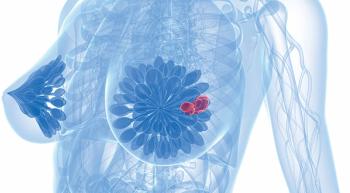
Zanidatamab and single agent chemotherapy may hold promise in a population of patients with previously treated HER2-positive breast cancer.

Tucatinib plus palbociclib and letrozole prolonged central nervous system progression-free survival for patients with hormone receptor–positive, HER2-positive breast cancer.
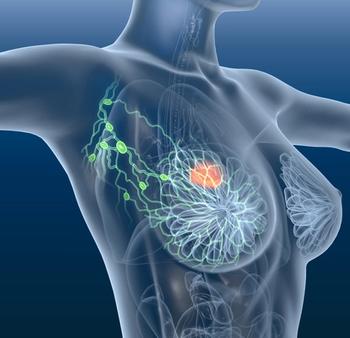
Data collected from 1400 global laboratories indicate that standard immunohistochemistry testing may not be the most effective method to identify patients with breast cancer with HER2-low disease.

A study from the Yale Cancer Center potentially introduces a drug design platform to fight drug resistance for patients with HER2-positive breast cancer and ovarian cancer.

Experts discuss the use of trastuzumab-deruxtecan (T-DXd) in clinical practice.

Sara A. Hurvitz, MD, briefly describes the treatment landscape for HER2+ breast cancer and the panelists take an in-depth look at the data from the DESTINY-Breast03 trial.
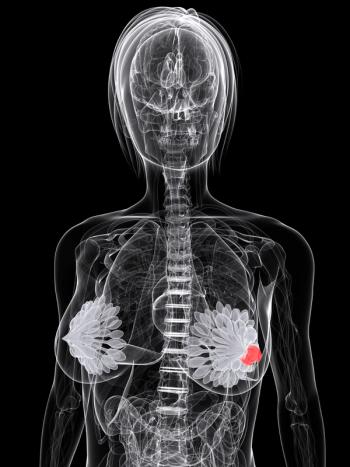
For patients with HER2-positive metastatic breast cancer, CD8-positive, cytotoxic tumor infiltrating lymphocytes may be predictive of outcomes after treatment with trastuzumab.

“We’ve been spoiled by 2 extraordinary experiences [in this setting]. Both tucatinib and trastuzumab deruxtecan are much better than anything we’ve had since we got pertuzumab for first-line therapy.” —SARA A. HURVITZ, MD, FACP

Patients with invasive HE2-positive breast cancer who were treated with pegylated liposomal doxorubicin plus docetaxel and trastuzumab experienced an increase in a pathological complete response.

Patients receiving trastuzumab for HER2-positive breast cancer on the phase 3 HERA trial did not have an increased risk of cardiotoxicity from radiation therapy.

An interim analysis indicated that dalpiciclib plus pyrotinib yielded promising results in patients with HER2-positive advanced stage breast cancer.
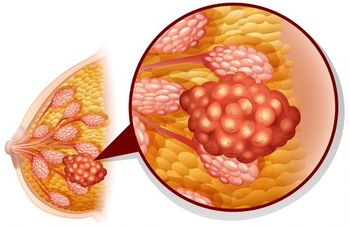
Patients with unresectable or metastatic HER2-positive breast cancer who have received one or more HER2-targeting agents in prior lines of therapy may benefit from treatment with fam-trastuzumab deruxtecan-nxki, which received a breakthrough therapy designation from the FDA.
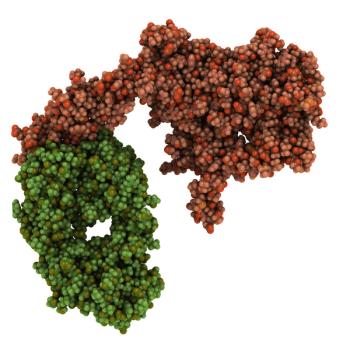
In an interview with ONCOLOGY®, Sandra Cuellar, PharmD, BCOP, FASHP, offers a comprehensive review of real-world treatment considerations of margetuximab as therapy for adult patients with metastatic HER2-positive breast cancer who have received 2 or more prior anti-HER2 regimens with at least 1 being for metastatic disease.
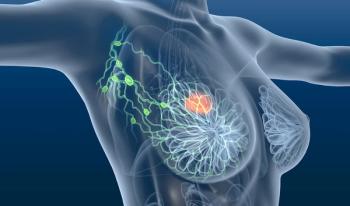
Investigators believe the use of biomarkers can determine the results of de-escalated neoadjuvant T-DM1 in HR-positive/HER2-positive early breast cancer.

Data from the phase 3 DESTINY-Breast03 trial show trastuzumab deruxtecan bests trastuzumab emtansine in patients with previously treated HER2-positive metastatic breast cancer.

A large meta-analysis showed a one-third reduction in recurrence or death in patients with HER2-positive early breast cancer with 1 year of trastuzumab added to chemotherapy, confirming the benefit of this therapy across baseline characteristics.
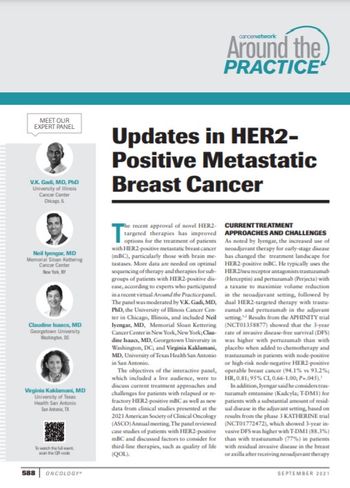

An oncology pharmacist speaks about the occurance of left ventricular dysfunction noted with margetuximab in the treatment of HER2-positive metastatic breast cancer.

An oncology pharmacist talks infusion-related reactions with margetuximab in the treatment of HER2-positive metastatic breast cancer.

Oncology pharmacist Sandra Cuellar, PharmD, BCOP, FASHP, details the unique mechanism of action of margetuximab in the treatment of HER2-positive metastatic breast cancer.








































